Last year our very own Kevin Gianni released his newest book: Kale and Coffee.
You were probably pretty excited about this book if you:
a. Follow Renegade Health
b. Have health goals you are working towards, or
c. Enjoy a book that's both informative and entertaining.
Renegade Health is where Kevin and Annmarie got their start. They were traveling the world, interviewing experts, researching about health, and sharing what they learned through blog articles and videos. They quickly gained a loyal following.
But, like you may have experienced through your own health research, they encountered many issues that lacked simple answers. Salt is bad, right? Not really. High sugar diets encourage diabetes… only in some cases.
The more Kevin learned, the more he wanted to know the truth about these controversial health topics.
One of those topics is coffee. Kevin loves coffee. He describes his relationship with it like a romantic tryst, with consequences. It's important enough that it ended up right in the title of his book…
So our second interview with Kevin (filmed right in our office!) is all about coffee. Specifically:
- Who can drink coffee, and who shouldn't? (Hint: the answer's in your genes.)
- What are the health benefits of drinking coffee?
- What are the rules for drinking coffee in a healthy way?
We're covering all of it:
Exclusive Interivew – Kevin Gianni Weighs in on a Hot Topic: Coffee
Click Here to See the First Interview in This Series: Kevin Talks About His Health Journey
5 Rules for Drinking Coffee
In Kale and Coffee Kevin talks about Dave Asprey, an influential character in the coffee movement. Dave founded Bulletproof Coffee, and through his personal pursuit to find a coffee that didn't give him headaches he uncovered the number one problem with some coffees: mold toxin.
Coffee is highly susceptible to mold toxins (also true of peanuts), which makes the way it's grown and processed very important. Here are Dave's 5 rules for drinking coffee, healthfully.
- Never drink instant coffee. It comes from cheap beans that tend to be moldier.
- Try to drink coffees from Central America, which are grown at high elevations, as they tend to be less contaminated by mold.
- Stay away from decaf. It, too, tends to be moldy.
- Aim for wet-processed beans. In wet processing the fruit covering the bean is removed before it's dried. This method improves the consistency and cleanliness of the bean.
- Avoid major brands, as they tend to mix coffees from different growers, which allows for more contamination. Stick with smaller, single-estate coffees.
To get a copy of Kevin's book Kale and Coffee, head straight to Amazon if you would like to purchase!
by Hope Freije


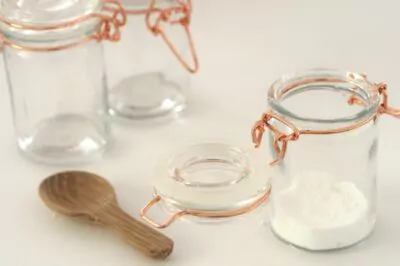
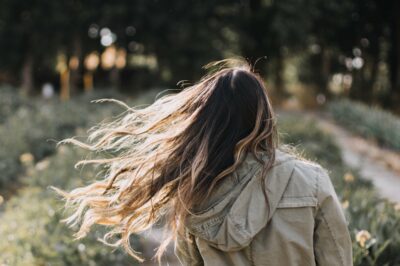
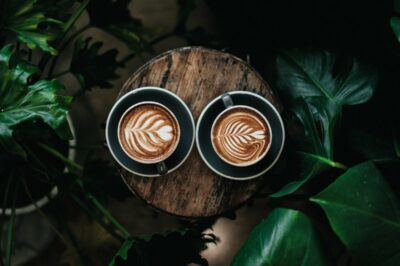
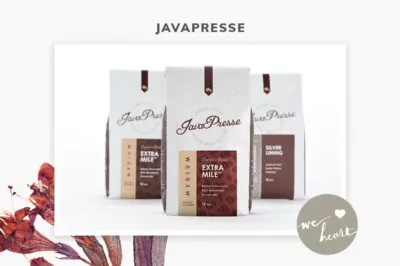
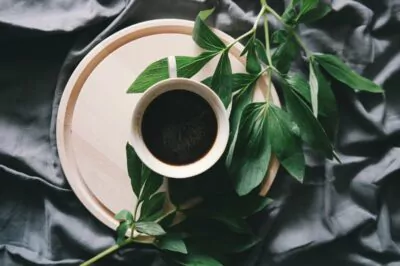
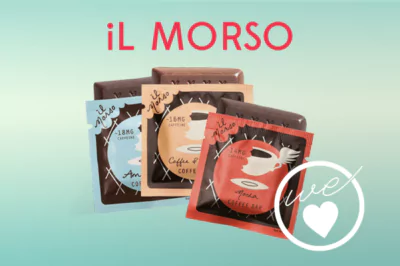
I read Kale and Coffee a few months ago (even reviewed it on my blog) and loved it. Super entertaining but you will learn something too. I am very well versed in health and nutrition and still found this worthwhile. Loved the wine chapter! And yes, I drink coffee. And eat kale:)
I am very interested in the answers to the questions of July 17 – 20, 2015.
Natural News website reports: THE PROBLEM WITH ORGANIC PRODUCTS is that Heavy Metals are now being found in USDA certified organic foods, superfoods, vitamins, herbs and dietary supplements at alarming levels. Neither the USDA nor the FDA have set any limits on heavy metals in foods and organic foods, meaning that products can contain extremely toxic levels of mercury, lead, cadmium, arsenic, copper and even tungsten while still being legally sold across the USA. NATURAL NEWS SELLS coffee that has been tested for these heavy metals. (Their coffees are grown in Ethiopia and Sumatra.) I am now wondering if they safe from mold, too?
I have gone through different periods of time in my life when I couldn’t drink coffee and this might have to do with cortisol levels, hormones, etc. I find that I can still drink two cups or so in the beginning of the day, but that’s about it.
I also find that Yerba Mate and Matcha don’t give me the same type of negative effects that coffee can.
I went for several years without drinking coffee because of ill effects.
Bulletproof coffee is a good brand.
Please give me a brand name of a good shade grown and wet processed coffee
Give me a brand name of coffee to buy
As much as I love the smell and taste, I can no longer take the withdrawal headaches that I get from not having it. Tea ( black in the morning, green in the afternoon or evenings) is my substitute. Black tea with raw honey, green tea is without the honey. And yes, Blue Zones is a fascinating book.
I enjoyed your interview, and found it very informative. I wanted to mention that as a farmer with a farm that grows cereal grains (wheat, barley, oats, spelt) I have become acutely aware of mycotoxins that are a problem in the production of cereal grains. These are not usually related to improper storage, but develop in the grain during its growth, due to weather conditions, among other things. Perhaps it would be interesting to consult an agronomist who has experience with coffee growing, to find out why some coffee has more mycotoxins (toxic molds) than others. This information would help make a better informed decision on what causes molds in coffee and how to choose coffee without toxic levels of mold. Maybe we could get coffee companies to test their beans and print the results of mold tests on their packages? (Not likely!)
The best coffee I have come across is Sisel Kaffe. It is very pure, not roasted (prevents acrylamide). Check it out at http://www.berry.mysisel.com
David Wolfes longevity coffee is the best I found
Check it out at longevitywarehouse.com
I have really enjoyed the interviews. Very interesting! Looking forward for to reading the book!! Thanks
My husband and I stopped drinking our daily organic fresh-ground coffee about 2 to 3 weeks ago. We gave up half-and-half and most dairy at the same time. Our coffee was about 75% decaf. I’m curious why Kevin concluded that high-end whole decaf beans are not okay? Would whole beans in general be less prone to mold? I always thought Kona coffee was shade-grown and a good choice.
Looking forward to read your book, Kevin! 🙂 Thank you for being so transparent and for helping us let go of the “black-or-white” approach to health! It’s about time for us to learn to be comfortable living in this big fuzzy gray zone where things are relative and there is no “one size fits all”. Thumbs up!
What about coffee arabica from Africa, in particular Ethiopia? Is it not as good as coffee from Central America? Is it more likely to be contaminated by mold?